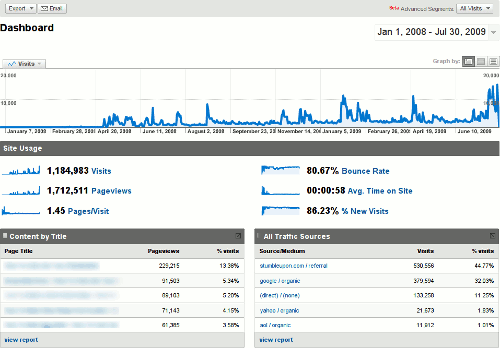It’s your sixth birthday and your grandfather has just handed you a ridiculously heavy package the size of a shoebox. You open it up to see that yes, it is a shoebox. A shoebox full of pennies.
“I’ve been dropping all my pennies in there each night since you were born,” he says. “I planned to give it to you when it’s full, and it’s getting close. There’s probably more than $200 in there. All you have to do is count them out into stacks of fifty and roll them in those little paper sleeves.” This was before the automatic coin counters appeared in grocery stores.
Your six-year-old mind reels at this windfall. You count and wrap until your hands are cramped. You beg you mother to take you to the bank to turn the pennies into “real money,” then straight to the toy store to get Frogger for your Atari. (Any similarities to the author’s life are purely coincidental.)
Flash forward to today. Someone offers you a box of pennies. All you have to do is count them by hand. You might still take it, but it’s not going to be such an obvious choice. How long will it take? What could I be doing instead?
Thinking small
For the mid-career freelancer, this is the calculation that dooms you to punching a clock. You could build that website for the local restaurant, but they want you to keep it up-to-date with their specials. You’re not interested in doing maintenance, and they can’t afford to keep paying your development rate. So you don’t take the work.
You just turned down a lucrative contract because you’re thinking like an employee. No, you don’t have a boss, but you still think that any hour you’re not working is an hour you’re not getting paid. To break this mindset, you need to start delegating. You need people working for you.
You’re making it as a freelancer because you solve people’s problems. When someone wants a site and ongoing support, they have two problems. You can solve the first by building the site, and the second by finding a qualified support person. There are plenty of online resources for finding contract technical workers. Don’t make your client go to these sites and try to evaluate people, do it for them.
Thinking big
Instead of selling a Content Management System that will allow a small business owner to update his own site, offer a one-stop service, where your employees will keep the site updated for a monthly fee. Do this enough times and your “passive income” could exceed your new development work.
But even if you don’t take a cut of the support fees, having the capability means you can bid on a whole new type of contract: the large kind.







